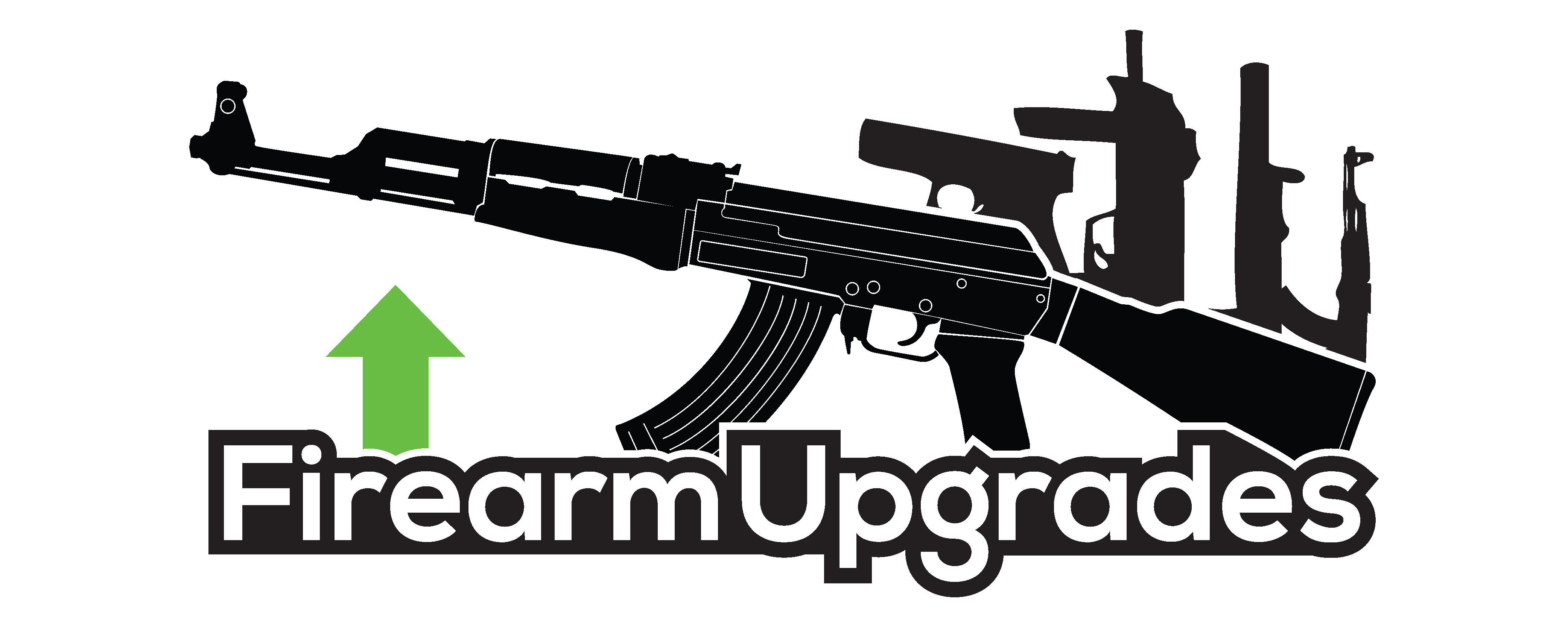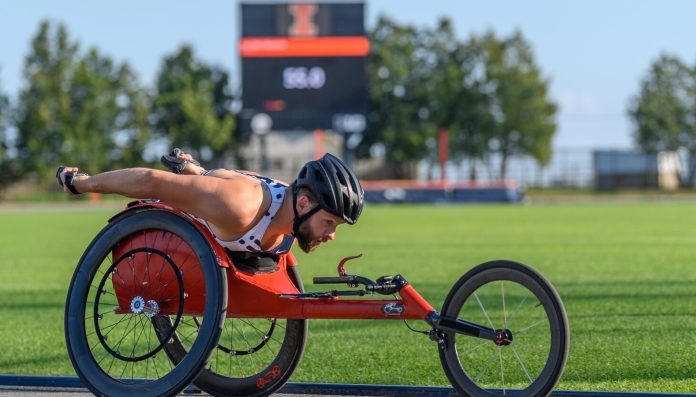Brian Siemann never imagined completing a marathon in his lifetime, let alone competing in any sport.
Paralyzed below the waist since he was 6 days old, Siemann is now preparing to race in his 17th consecutive Chicago Marathon. The wheelchair race begins at 7:20 a.m. Sunday in Grant Park, shortly before the runners begin.
After his New Jersey high school track coach encouraged him to try the sport, and his classmates raised money for his first racing chair, Siemann wanted to extend his racing career into college. But few, if any, opportunities were near him on the east coast.
“People kept always mentioning Illinois as somewhere to go,” said Siemann, 36, now a graduate of the University of Illinois at Urbana-Champaign and a senior access specialist for the school’s wheelchair track and road racing team.
The University of Illinois’ program has become a powerhouse in wheelchair athletics, perennially sending athletes to major marathons worldwide, Paralympic games and world championship competitions.
Nine of the team’s 15 athletes are competing in Sunday’s marathon.
That includes team nutritionist Susannah Scaroni, who also has competed in the Boston, New York, Berlin, London, Sydney and Tokyo marathons each year since 2017. She is a six-time Paralympic medalist, winning one gold and one silver, across four of the most recent games in Paris, Tokyo, Rio de Janeiro and London.
Since 2015, Siemann has completed yearly marathons in Boston, New York and London, while also racing in the four most recent Paralympics and earning two bronze medals along the way.
Head coach Adam Bleakney chalks up the University of Illinois’ wheelchair racing success to its trailblazing history, which has brought abundant resources and support staff to carry on its winning tradition.
The school was long ahead of its time when it established its wheelchair racing program in 1948, the first of its kind worldwide.
“I think the most important piece of that [successful] equation is our student athletes, and we have a critical mass of very motivated, talented athletes,” Bleakney said.
“Paralympians, Paralympic medalists, world champions, world record holders, Chicago marathon winners, other major winners, who all train together each day. And that’s unique,” he said. “That doesn’t happen anywhere else in the world. And it’s that culture and that environment which breeds continued success.”
Growing the sport ‘a real opportunity’ that needs ‘philosophical buy-in’
The Chicago Marathon has always been special for Siemann, not only because it “feels like our hometown race,” but because he has partnered through the marathon’s mentor program with young athletes in the Chicago region to help keep them involved in sports.
He eagerly participated because he wanted to show younger people “that there are opportunities and avenues for you.” His previous mentee, from Rockford, now plays for the University of Wisconsin wheelchair basketball team.
“There are so many kids that are disabled that just don’t know that opportunities like this exist,” Siemann said. “Even today with increased coverage and exposure, there’s still so many people that it’s difficult for them to even get involved in sports.”
Scaroni may be an exception. Despite growing up in a small, rural eastern Washington town, she was “fortunate” to have an adaptive sports team in Spokane that she joined at 10 years old.
“I also am lucky that I had a really supportive family. My mom really insisted that I go the first time, and it was an hour drive one way for her to take me, and she’s a single mom, working full time, so it was definitely really supportive of her. And I fell in love with it immediately,” said Scaroni, 34, who was paralyzed at 5 years old after suffering serious injuries in a car crash.
Those programs and support systems are crucial for someone to continue on their athletic path.
Scaroni’s experience playing wheelchair basketball and racing with other kids in that program “totally revolutionized” her perspective and played a pivotal role in her life, she said, because it “normalized what I was going through.”
“In two ways, it helped me to relate with them and connect, and then it also helped me feel like I was doing it to my best ability, and that I wasn’t weird or that there wasn’t like a disadvantage to me using a wheelchair. I just played a different style of basketball,” Scaroni said.
The University of Illinois is among a handful of schools across the country that offer adaptive sports programs. Twenty-three universities have some form of wheelchair athletic teams, according to the U.S. Olympic and Paralympic Committee.
Bleakney, the University of Illinois coach, said there has been some growth in the last decade in such programs, but not as much as there could be.
“The participation rate of high school students in wheelchair track is exceeding the opportunities at the collegiate level, and so that’s a disconnect and a pipeline that is a real opportunity to be remedied,” Bleakney said.
“[The issue] is funding, and then alongside, attendant to that, is the philosophical buy-in and seeing that there is an opportunity for these campuses.”


